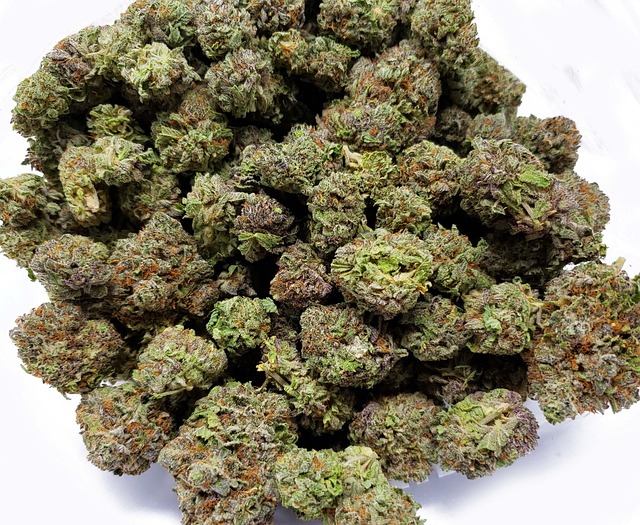2020 marked a significant milestone in New York's legal landscape with the enactment of Marijuana Legislation that decriminalized recreational cannabis and explicitly recognized THCA flower as legal entities within the state. This legislative change underscores the shift towards acknowledging cannabis's therapeutic potential, particularly the non-psychoactive properties of THCA. Unlike its psychoactive counterpart THC, THCA is found in raw cannabis and has garnered attention for its potential wellness benefits, including pain relief and anti-inflammatory effects. The new laws facilitate research into these benefits, with New York setting the stage for investigation into THCA's properties. For those interested in THCA, it's important to note that THCA is federally legal due to the 2018 Farm Bill, and in New York, it's recognized as a viable component of their Adult Use Cannabis Program. Research suggests THCA may offer anti-inflammatory, neuroprotective, and analgesic properties without inducing a psychoactive 'high.' Its legal status allows for its exploration in treating various conditions like chronic pain, inflammation, and neurodegenerative diseases. Users are encouraged to consume THCA flower mindfully, considering its potential side effects and interactions with other medications or health conditions, and always within the state-imposed limits. The legal standing of THCA in New York is clear, and consumers are advised to stay informed on any legislative changes as they occur.
Exploring the emergence of THCA (Tetrahydrocannabinolic Acid) flower as a legal substance in New York, this article sheds light on its composition and potential, distinguishing it from other cannabinoids. We delve into its therapeutic applications, examining the benefits and uses that have sparked consumer interest. However, a comprehensive discussion also entails understanding the side effects associated with THCA flower use. With a focus on safety, dosage, and regulatory factors within New York’s legal framework, this article aims to provide a balanced perspective for consumers to make informed decisions about THCA flower consumption.
- Understanding THCA Flower: A Glimpse into Its Emergence as a Legal Substance in New York
- The Composition and Potential of THCA: What Sets It Apart from Other Cannabinoids
- Therapeutic Applications of THCA Flower: Exploring Its Benefits and Uses
- Navigating the Side Effects of THCA Flower: A Balanced Perspective for Consumers
- Safety, Dosage, and Regulatory Considerations for THCA Flower in New York's Legal Framework
Understanding THCA Flower: A Glimpse into Its Emergence as a Legal Substance in New York
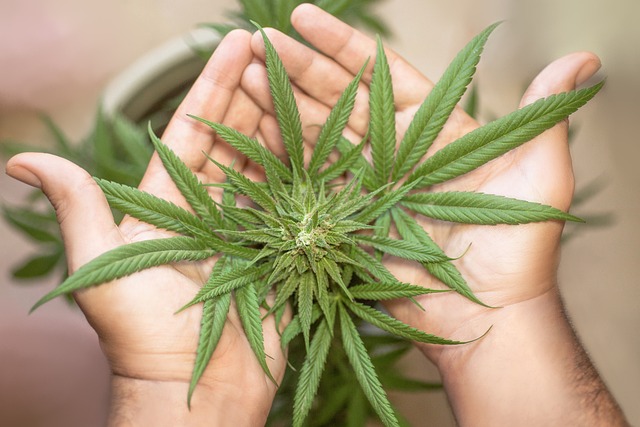
2020 marked a significant shift in the legal landscape of New York with the passing of the Marijuana Legislation, which decriminalized the recreational use of cannabis and specifically addressed THCA flower. This legislation not only signaled a cultural change but also an official recognition of the plant’s potential benefits and societal implications. The emergence of THCA flower as a legal substance in New York is attributed to its non-psychoactive nature, which contrasts with the psychoactive effects of delta-9-tetrahydrocannabinol (THC), the most well-known cannabinoid.
THCA, or tetrahydrocannabinolic acid, is found in raw cannabis plants and is believed to possess therapeutic properties. As New York embraces this new frontier, it’s crucial for consumers to understand the distinctions between THCA and other cannabinoids. The legal status of THCA flower in New York has opened doors for researchers to explore its potential benefits, including its effects on pain relief, inflammation reduction, and its non-intoxicating qualities that make it an attractive alternative for those wary of the psychoactive effects of THC. As the market evolves, it’s imperative for users to stay informed about the legal parameters surrounding THCA flower in their state, ensuring compliance with all laws and regulations while also considering the various ways this substance can be incorporated into wellness routines.
The Composition and Potential of THCA: What Sets It Apart from Other Cannabinoids
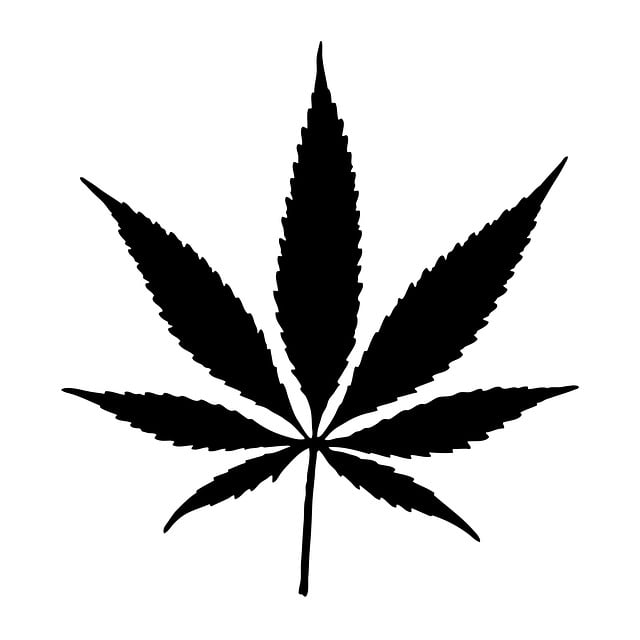
Delta-9-tetrahydrocannabinolic acid (THCA) is a naturally occurring cannabinoid found in the Cannabis sativa plant, which exists in abundance in raw cannabis flowers. Unlike its well-known isomer, delta-9-tetrahydrocannabinol (THC), THCA is non-psychoactive, meaning it does not induce the ‘high’ commonly associated with cannabis consumption. This distinction is significant as THCA is being studied for its potential therapeutic benefits without the psychoactive effects that may be undesirable or legally restrictive in certain jurisdictions like New York, where the legal status of cannabis and its derivatives is evolving.
As of my knowledge cutoff in 2023, THCA is considered a federally legal compound under the 2018 Farm Bill, allowing for research and commercialization under specific guidelines. In New York, following the state’s comprehensive adult-use cannabis program that commenced in March 2021, THCA-rich products have gained traction due to their potential health benefits. Preliminary studies suggest that THCA may have anti-inflammatory and neuroprotective properties, which could make it a valuable component in treating various conditions, from chronic pain to neurodegenerative diseases. The composition of THCA, with its unique structure that lacks the double bond at the ninth carbon atom found in THC, sets it apart from other cannabinoids and offers a distinct profile for therapeutic exploration.
Therapeutic Applications of THCA Flower: Exploring Its Benefits and Uses
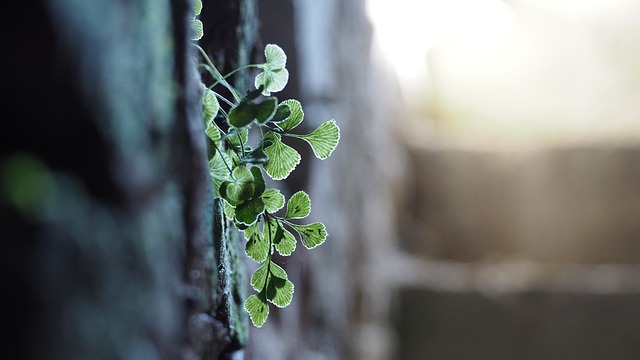
THCA, or tetrahydrocannabinolic acid, is a non-psychoactive compound found in the cannabis plant that has garnered attention for its potential therapeutic applications. As of my knowledge cutoff in early 2023, THCA is recognized as legal in New York, aligning with broader state regulations on cannabis products. This legality opens up avenues for research and clinical application of THCA flower, which has shown promise in a variety of health-related benefits. Preliminary studies suggest that THCA may exhibit anti-inflammatory, neuroprotective, and analgesic properties without the psychoactive effects associated with its decarboxylated form, THC. This makes it an attractive option for individuals seeking therapeutic relief from conditions such as chronic pain, inflammation, and neurodegenerative disorders. Additionally, THCA has been explored for its potential role in managing symptoms of various ailments, including multiple sclerosis and arthritis, due to its anti-nausea effects and possible anti-emetic properties.
Patients and researchers alike are intrigued by the diverse benefits of THCA flower, particularly as it is legal in New York and can be utilized within this framework. The compound’s therapeutic potential extends beyond pain management; it may also aid in stimulating appetite, reducing anxiety, and combating the effects of certain autoimmune diseases. As with any medical intervention, it is crucial for individuals to consult healthcare professionals before incorporating THCA flower into their wellness regimen. The ongoing research into THCA’s effects continues to expand our understanding of its applications, potentially paving the way for new therapeutic modalities in a range of medical contexts.
Navigating the Side Effects of THCA Flower: A Balanced Perspective for Consumers
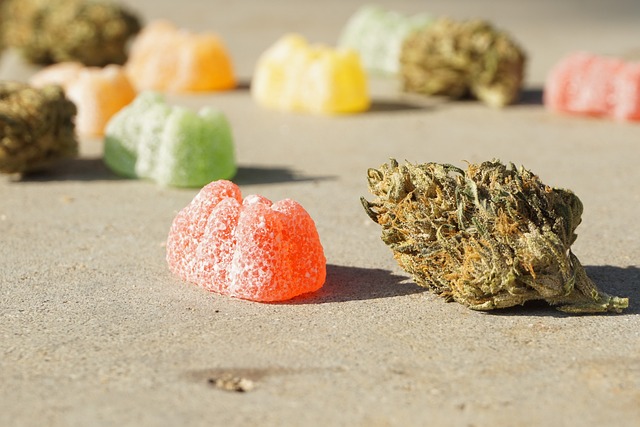
When considering the use of THCA (Tetrahydrocannabinolic Acid) flower, a precursor to the well-known psychoactive compound THC, it’s crucial for consumers to approach its potential effects with a balanced perspective. In New York, where THCA flower is among the legal cannabis products under the state’s Adult Use Cannabis Program, understanding both the therapeutic benefits and possible side effects is essential for informed use.
THCA flower has been recognized for its potential medicinal properties, including pain relief, anti-inflammatory effects, and mood enhancement. However, like any substance, it can induce a range of side effects that vary from person to person. Commonly reported side effects may include dry mouth, red eyes, drowsiness, and anxiety. For those in New York who opt to incorporate THCA flower into their regimen, it’s advisable to start with a low dose to gauge individual sensitivity and proceed with caution. Consumers should also be aware of the legal boundaries, ensuring they comply with state regulations regarding possession and consumption limits. A comprehensive understanding of how THCA flower may interact with other medications or personal health conditions is also important for safe consumption and to mitigate potential adverse effects.
Safety, Dosage, and Regulatory Considerations for THCA Flower in New York's Legal Framework
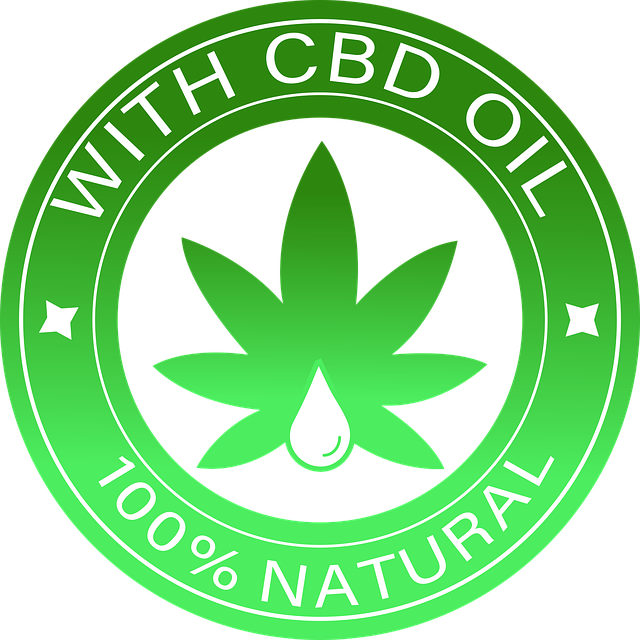
In New York, the legal landscape regarding THCA (Tetrahydrocannabinolic Acid) flower has evolved with the passing of the Compassionate Care Act in 2014 and subsequent amendments. As of this writing, THCA is legally permissible under New York’s medical marijuana program, provided it adheres to state-regulated dispensaries and approved medical conditions. Safety considerations for THCA flower are paramount, as it is the precursor to THC (Tetrahydrocannabinol) and can have psychoactive effects, though typically less potent than THC itself. Users must be cautious with dosage, as overconsumption can lead to adverse reactions such as anxiety, paranoia, or impaired motor skills. Regulatory considerations are stringent, with the New York State Department of Health overseeing its distribution and use. Patients registered in the state’s medical marijuana program must follow dosage guidelines provided by their healthcare provider and adhere to the program’s regulations to ensure safe and legal access to THCA flower. It is essential for consumers to stay informed about any changes in state legislation, as the legal status of THCA flower can shift with new policy implementations or amendments to existing laws. Always consult with a healthcare professional before incorporating THCA flower into one’s treatment regimen, and ensure compliance with all local, state, and federal regulations governing its use.
In conclusion, the emergence of THCA flower as a legal substance in New York has opened up new avenues for therapeutic applications and consumer choices. Its unique composition sets it apart from other cannabinoids, offering potential health benefits that are currently being explored. However, it is crucial for consumers to approach its use with a balanced perspective, considering the side effects associated with THCA flower consumption. As outlined in this article, understanding safety guidelines, appropriate dosage, and the regulatory framework governing its use is paramount. With the right knowledge and responsible usage, New Yorkers can safely experience the benefits of THCA flower within the bounds of the law.
